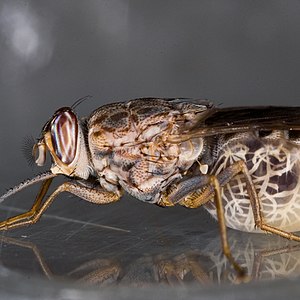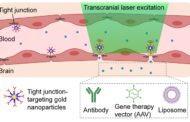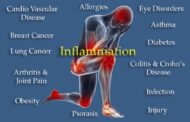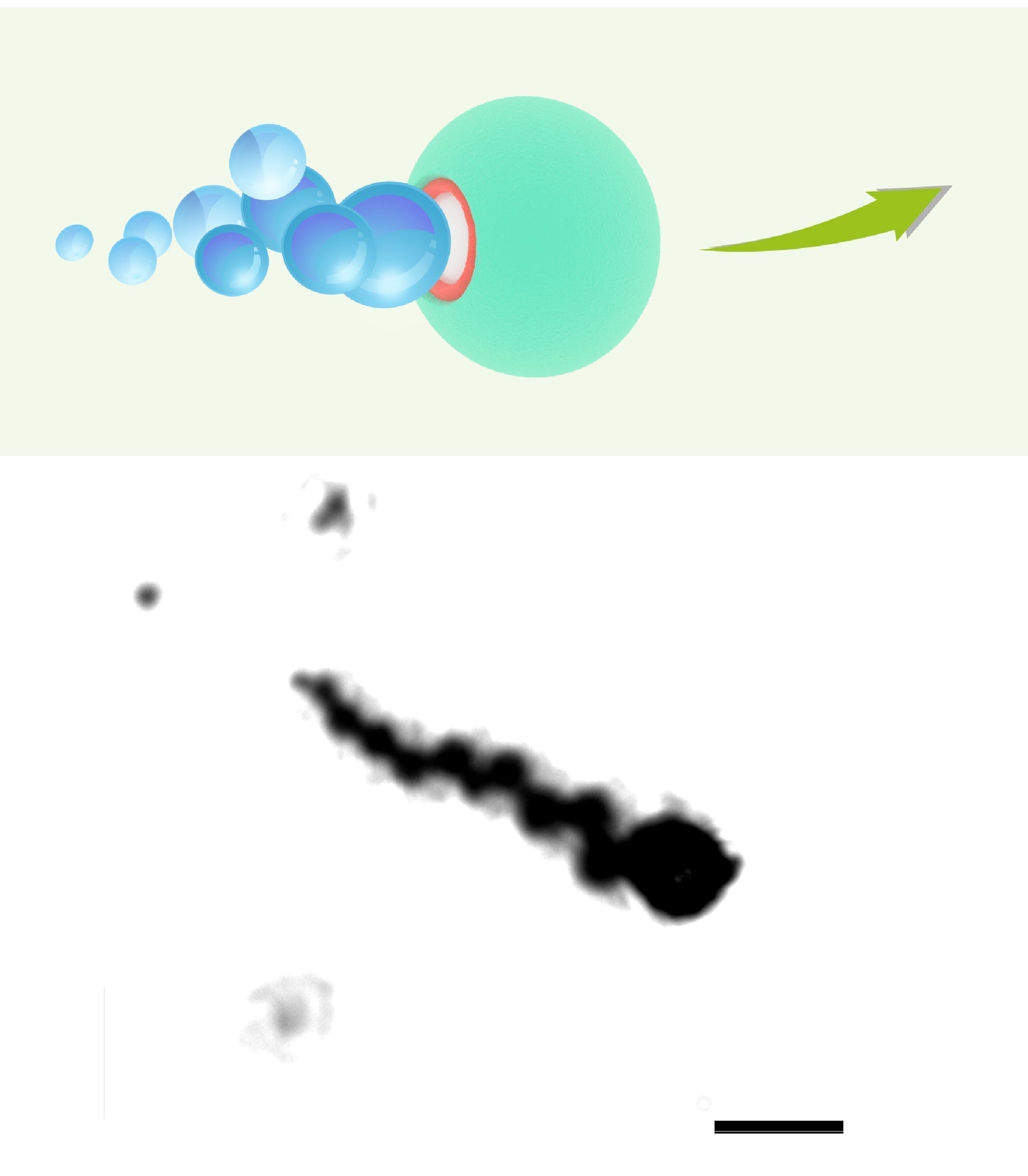A new study published in the open-access journal PLoS Neglected Tropical Diseases on September 6th presents a key advance in developing a safer cure for sleeping sickness. Led by Professor Peter Kennedy, researchers at the University of Glasgow’s Institute for Infection, Immunology and Inflammation have created a version of the drug most commonly used to treat sleeping sickness which can be administered orally in pill form.
Sleeping sickness — or human African trypanosomiasis (HAT) — is a neglected tropical disease of major importance. Transmitted by the tsetse fly and caused by the trypanosome parasite, sleeping sickness is invariably fatal if left untreated. Once the disease has crossed the blood-brain barrier and entered the central nervous system the most commonly used treatment is an intravenous course of the arsenic-based drug melarsoprol. Because melarsoprol has a low solubility in water, it is dissolved in propylene glycol and administered intravenously. The result is a highly-toxic drug that kills five per cent of patients receiving it and leaves many others permanently brain-damaged.
Researchers at the University of Glasgow combined melarsoprol with cyclodextrins — molecules that surrounded the drug allowing it to be administered orally, increasing its solubility and releasing the drug more slowly in the gut. In laboratory tests the altered drug was shown to retain its ability to kill the infection, and was able to cure mice infected with the parasite after a seven-day daily oral dosing schedule. The drug cleared parasites from the brain and restored normal blood-brain barrier integrity.
Bookmark this page for “Sleeping Sickness” and check back regularly as these articles update on a very frequent basis. The view is set to “news”. Try clicking on “video” and “2” for more articles.








